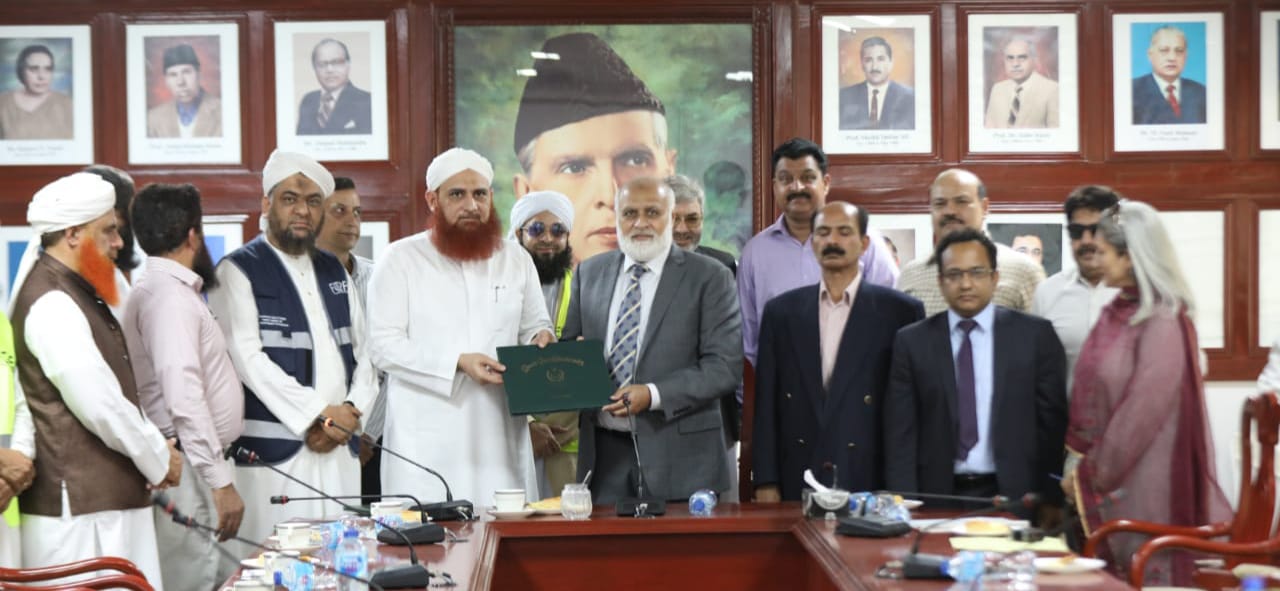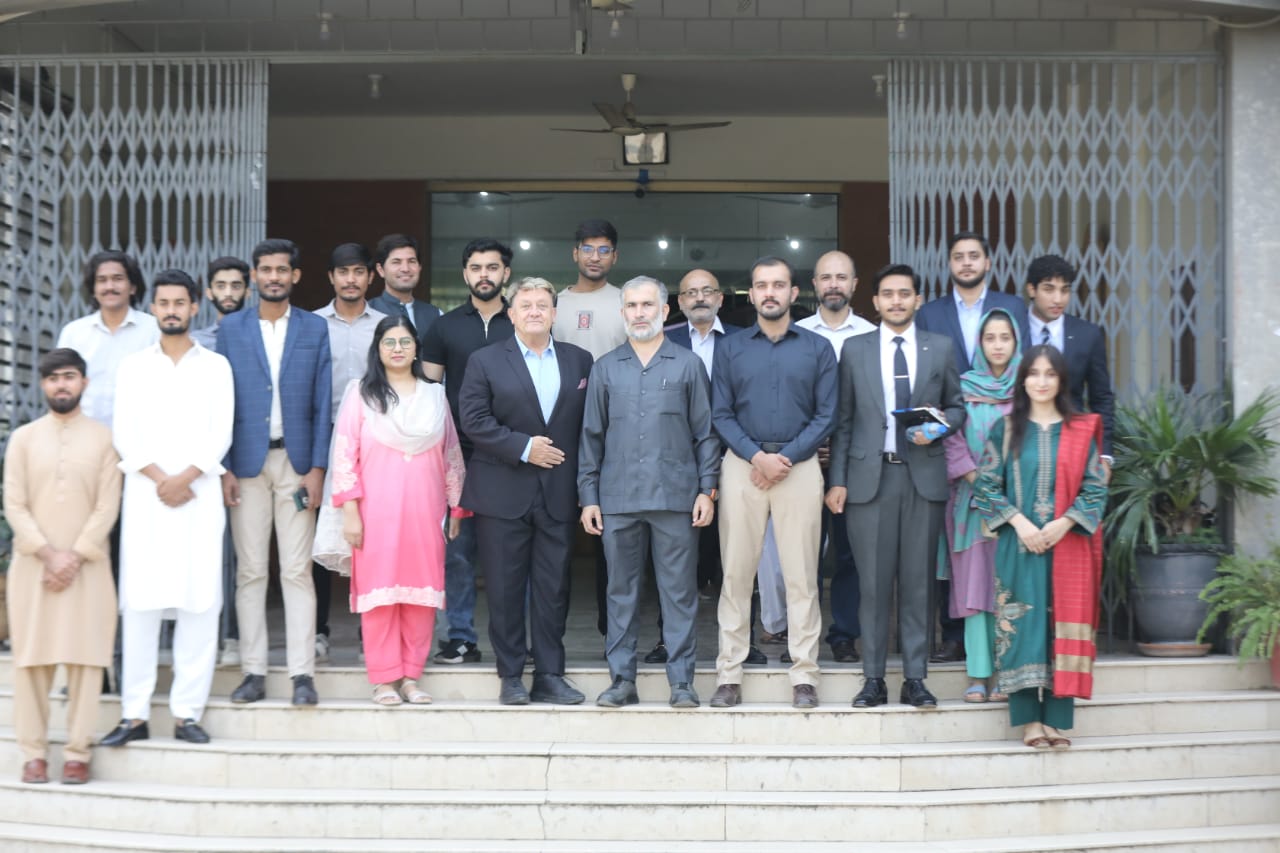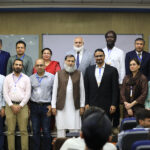U.S. Ambassador Highlights Pakistan Wildlife Conservation Efforts
U.S. Ambassador Richard Olson underscored the United States strong commitment to wildlife conservation in Pakistan in his opening remarks at Wildlife Conservation Day in Pakistan, co-hosted by Department of Animal Sciences Quaid-i-Azam University. 80 students, activists, and government officials watched “Snow Leopard: Beyond the Myth,” a documentary filmed in Pakistan by Pakistani filmmaker Nisar Malik. After the film, they participated in a panel discussion with Pakistan wildlife experts to discuss important issues like wildlife conservation, human-animal conflict, animal trafficking, and solutions.
“Wildlife trafficking affects all of us. Protecting wildlife means protecting our planet’s natural beauty for generations to come. But wildlife trafficking is also a national security issue, a public health issue, and an economic issue that is critical to countries and communities worldwide,” Ambassador Olson said before the film screening. “This film tells the snow leopard’s real story – a story that is ultimately true of all wildlife everywhere. It’s a story of interaction and, at times, conflict between humans and animals. This story demonstrates how a rare creature’s existence depends on sustained cooperation among local communities, organizations, the private sector, and government authorities,” he added.
Ambassador Olson announced two new sources of U.S. funding for wildlife conservation in Pakistan. The new USAID-funded program with the World Wildlife Fund (WWF) and the Snow Leopard Trust that will improve cooperation among Bhutan, India, Kyrgyzstan, Mongolia, Nepal, Pakistan on snow leopard conservation and climate change adaptation in Asia’s high mountain landscapes. Second, Ambassador Olson announced that the Ambassador’s Fund in Pakistan will focus on wildlife conservation projects in local communities.
At this occasion, Quaid-i-Azam University Vice Chancellor thanked the U.S. Ambassador for choosing QAU to celebrate wildlife conservation day. He emphasized that managing wildlife can provide rural communities with both tangible and intangible benefits. Tangible benefits include improved wildlife-related recreation and income. Activities include hunting opportunities, outdoor recreation involving wildlife, and production of wildlife and associated products (e.g.; trophy hunting alone is generating US$ 150-200,000 annually in Gilgit-Baltistan). Revenue derived from these activities can provide significant primary or supplemental income, and funds enhance quality of life. Intangible benefits from wildlife management include the excitement derived from observing wildlife, satisfaction from providing quality habitat for these species, and pride and recognition for hosting such iconic species.
The wildlife/biodiversity parks are considered an important tool in conservation as they provide a venue for public education, on-campus research, and facilitate ex-situe preservation of threatened species. Such facilities are limited and poorly managed in Pakistan. The QAU has already established a botanical garden, and desires to complement it with a wildlife park. While we have adequate land/habitat and technical capacity to establish this facility, no financial resources are available for such an initiative.
 Circulars / Notifications
Circulars / Notifications







